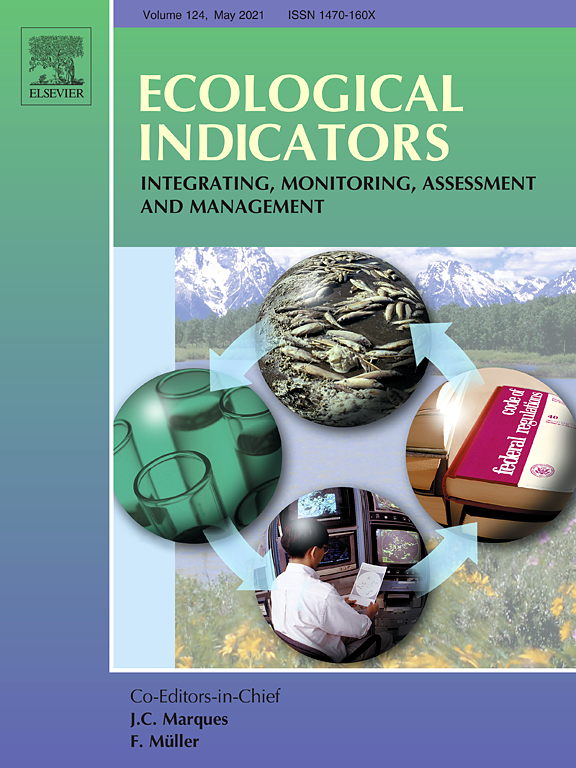- Department:(Dept. 1) Ecohydrology and Biogeochemistry
Recent Developments and Emerging Challenges in Tracer-Aided Modeling
Diversification of macrophytes within aquatic nature-based solutions (NBS) developing under urban environmental conditions across European cities
DREAM(LoAX): Simultaneous Calibration and Diagnosis for Tracer-Aided Ecohydrological Models Under the Equifinality Thesis
The authors developed a new algorithm DREAM(LoAX) as an effective conditioning tool to consider epistemic uncertainty in process-based models. It provides real-time diagnostic information of model failures for identification of uncertainty in data or flaws in model structure, and hence is a learning tool for limitations in current monitoring networks and development of future models.
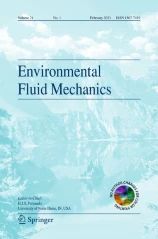
Three-dimensional modeling of diffusion-gravity flows in ice-covered lakes
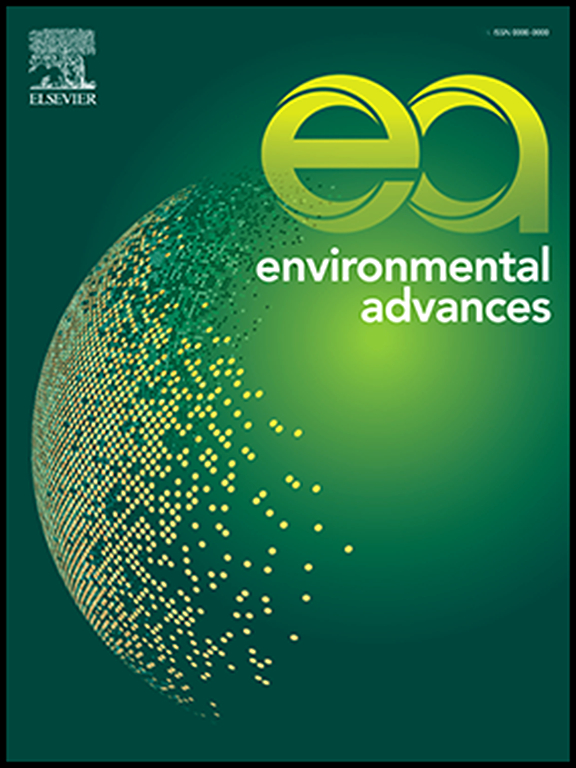
Abiotic reductive dehalogenation of pharmaceuticals with naturally occurring redox mediators
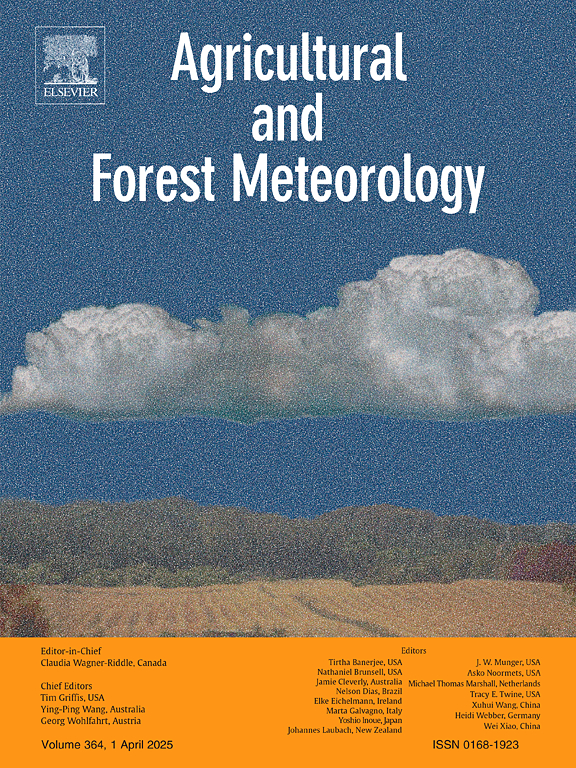
Does high resolution in situ xylem and atmospheric vapor isotope data help improve modeled estimates of ecohydrological partitioning?
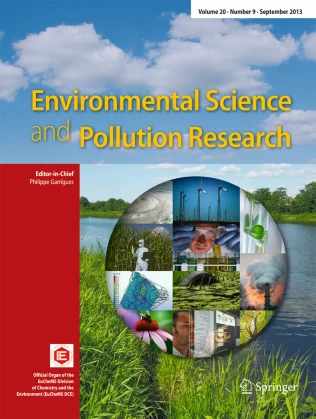
Spatial distribution of nicotine concentrations in Berlin’s surface waters and their potential sources
Electrical Conductivity as a Tracer for Seasonal Reverse Flow and Transport of Trace Organic Contaminants in River Spree
The authors studied if the electrical conductivity can serve as a hydrological tracer to capture the intensity and duration of seasonal reverse flow phases in a specific section of River Spree. Moreover, they studied the effect of upstream transport on chemical water quality, i.e. on trace organic contaminant during these reverse flow phases.
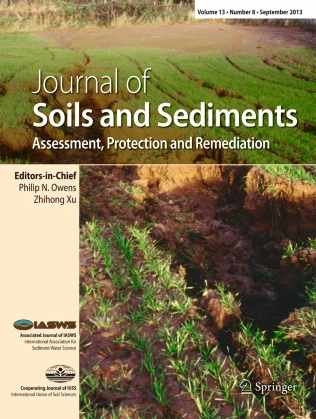
Vivianite as a phosphorus source in lake sediments: Importance of increased sulphate reduction on phosphorus mobilisation
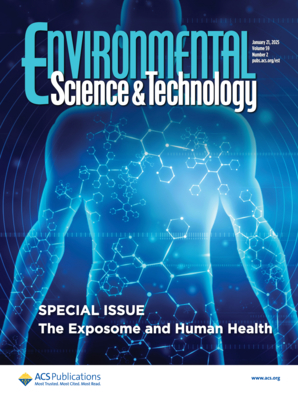
Role of Suspended Particulate Matter for the Transport and Risks of Organic Micropollutant Mixtures in Rivers: A Comparison between Baseflow and High Discharge Conditions
The partition dynamics of organic micropollutants between water and suspended particulate matter in riverine ecosystems differs between dry and wet weather. Chemical concentrations and mixture effects in extracts from rivers are dominated by suspended particulate matter during rain, but the dissolved phase dominates during dry weather.



